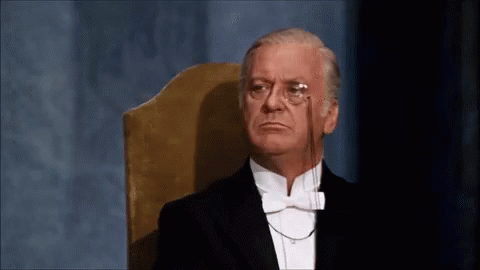Stay away from Verdun, though. The frogs are cranky about that place, for some reason.
I’ve read some stuff on the official board that makes me think some things are off about the 1890 start. Basically, your starting ships are all about 1890 tech level, and the tech level for 1890 is a bit optimistic - basically 1900 ships should completely trash 1890 ships but it’s really not the case in the game.
In the first 10 years as Germany it felt like more of my effort was going to fixing bad ship design decisions with the starting fleet (e.g. 7000-ton battleships with 2 guns) than keeping up with advancing breakthroughs. Basically 1890 ships can be very bad, but it doesn’t seem to be due to the raw tech per se.
Anyone who likes this era should consider Robert Massie books. They are deep dives into the 1880-1920 era. I’ve checked out the first book from my library (twice!) and made maybe 1 chapter progress.
The Robert Massie books just aren’t good, they’re authoritative. They’re absolutely the best word on large floaty things throwing around large chunks of metal circa the early 1900s.
I don’t share the overall thesis of Dreadnought, but it is a very good read. It made me read further books, which is always a sign of a good book to me!
One I really enjoyed was another book that was recommended at the time of the Rule the Waves release, about the crazy odyssey of the Russian Baltic fleet around the world to defend the Fatherland from Japan. I forgot the name of the work and its author, of course!
What is it.
WW1 happened because Wilhelm 2 was a jerk. Or his dick was too small. Well something of the sort, and it feels a bit short.
Not the dick…
The only history of the FWW I have read is this one:
I actually don’t remember the overall thesis (I don’t think it had anything to do with Wilhelm’s willy). I do remember enjoying the focus on individual people and their individual actions and motivations, though. No “England did/wanted this, Germany did/wanted that” here.
That’s the only general WW1 history I’ve read too. I recall the overall cause thesis from the book basically being that lots of things in all of the countries involved had to go wrong to lead to WW1 and they all did. It felt less like blaming any real individual actors(but I recall coming away thinking Austria-Hungary looked really bad) and more how much diplomatic channels broke down both due to people thinking they were playing tough the way they should but also due to a lot of bad luck.
Seems like the book gave a lot of time to that lead up as well, it’s just been years since I’ve read it.
For a much more focused naval book I also found The Rules of the Game a good read. It does a good job laying out the whole dreadnought race and development of the battle cruiser idea as well as British naval commands reasoning for all it did before a detailed walkthrough of the Battle of Jutland. Amazon.com
Based on the book I bought Lions of July but have not gotten around to reading it yet even years later, sigh.
I mean, that was certainly a major contributor! But he wasn’t the prime mover behind German policy or decisionmaking during the July crisis.
Yep.
My impression was that luck had very little to do with it.
Ooh, the ultimate rabbit hole of debating the causes of the First World War! The topic that launched a thousand dissertations, and which has caused more verbal fisticuffs amongst modern historians than just about anything!
It was the Prussian Deep State.
( ⊙_◎ )
The Tsar’s Last Armada?
Somewhere I have a book of the dispatches of British naval observers for the conflict. I should dig that out of storage.
For First World War causes I always enjoyed Sidney Fay’s book Origins of the World War, which was the inspiration for Calhamer to make the game Diplomacy.
Originally published: 1928

Thank you!
And now the quoting make it look like what I disagree with is my point of view… which nobody but my internet alterego’s ego (sic) cares about.
I hate the internet! — another rabbithole.
Yes, definitely an old one. I don’t think I ever got around to reading volume 2. Volume 1 was all about the secret alliances and agreements made in the years leading up to the war.
Unfortunately Fay was a great writer and a decent analyst but at best a credulous fool when it came to his sources.
I’ve been really enjoying this thread although it’s pretty unlikely I’ll ever get around to playing the game, but I wanted to chime in and second @abrandt on the Rules of the Game recommendation! Here’s a really neat blog post about the book, which covers one of the main themes (different frameworks for naval signaling).